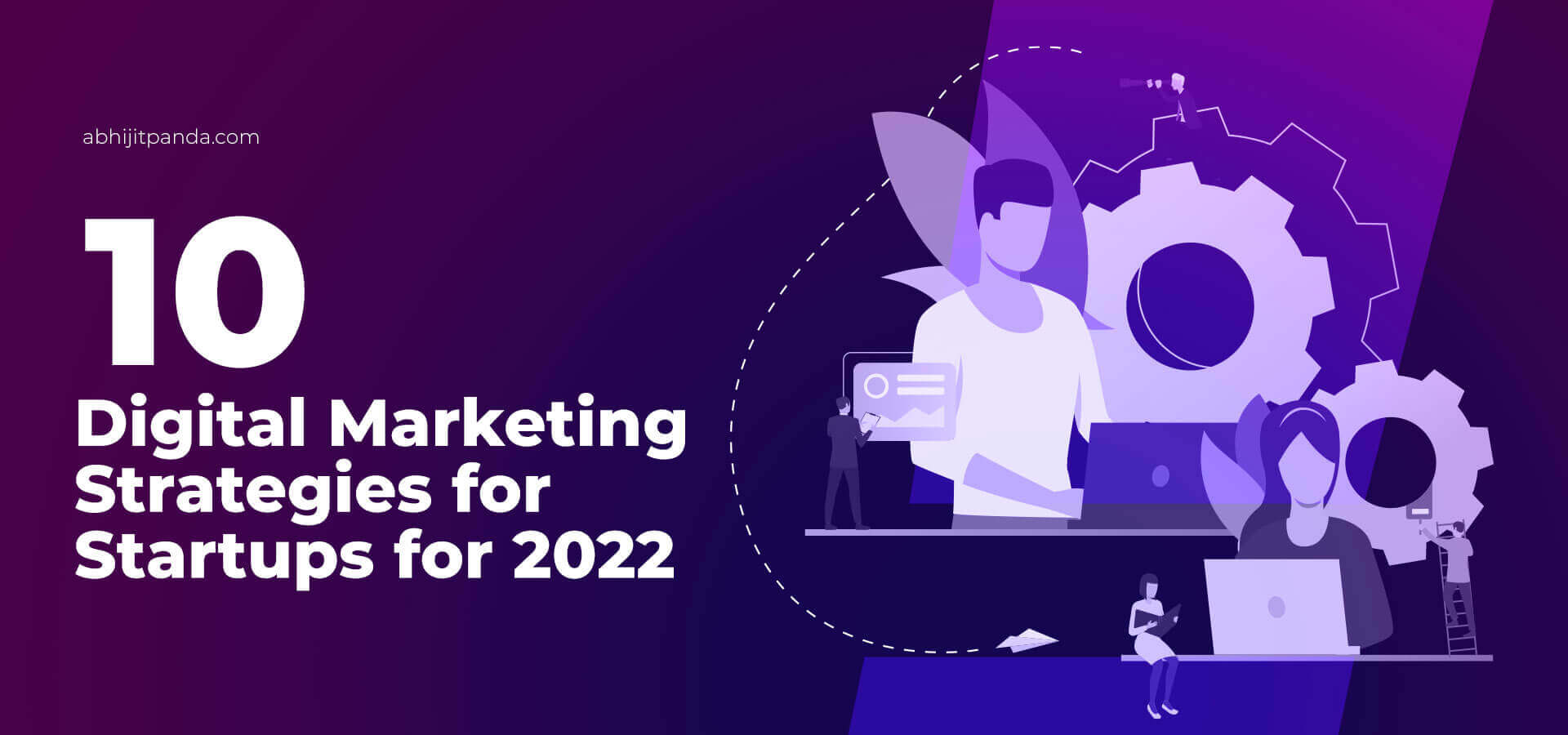 Innovative Digital Marketing for Startups for 2025
Innovative Digital Marketing for Startups for 2025
Like large and established companies, startups can sustain profitable growth only by boosting lead generation and conversion activities. But startups, like small businesses, often lack big advertisement budgets. They can leverage digital marketing to generate, nurture, and convert leads despite small advertisement budgets. They can plan and tailor their digital marketing approach carefully to compete with large and established companies. While planning digital marketing for startups in 2025, you must focus on implementing a multichannel marketing plan. Your digital marketing strategies must reach potential customers through multiple communication channels. Likewise, your digital marketing plan must explore ways to integrate paid advertising and organic advertising seamlessly. That is why; you need to include a slew of elements to make the digital marketing strategies for startups bring optimum results.
According to KeyDifferences.com,
“Digital marketing is the fundamental term that includes each and every online marketing effort. In digital marketing, companies make use of all the digital channels to reach existing and potential customers. The channels may include Google search, social media, email, websites, so on and so forth. Further, the most important technology, upon which digital marketing relies is ‘Internet‘.”
Digital Marketing for Startups to Accelerate Growth in 2025
Mobile First Web Design
In 2021, more than 54% of global website traffic comes from mobile devices. The percentage of consumers accessing websites on smartphones and tablets will increase in 2025. You can make digital marketing strategies for startups successful in the future only by adopting a mobile-first approach.
Instead of making the website look good on computers and mobile devices, you need to ensure that the website delivers an optimal user experience on the smallest screens. You must revamp the website to make it look, feel, and function like a mobile app. The redesigned website will keep visitors engaged by offering streamlined content and enhanced download speed.
Google My Business
Your digital marketing strategies for startups must make it easier for customers to find your business. Many entrepreneurs these days leverage the free tool provided by Google to optimize their profiles on Google Search and Maps. In addition to sharing important business information with customers, you can leverage Google My Business to interact with customers by requesting them to post reviews.
However, you must consider and compare some of the popular alternatives to Google My Business while implementing digital marketing strategies. Some of these websites allow you to publish business information, while others provide options to add customer reviews and product reviews. You can boost your startup’s online presence by creating profiles on multiple platforms.
Search Engine Optimization (SEO)
In addition to delivering an outstanding user experience, the mobile-first design will boost your website’s visibility and ranking on popular search engines. However, you must implement a search engine optimization (SEO) strategy to generate and convert more leads consistently. While optimizing the website for search engines in 2025, you need to keep in mind the latest search engine guidelines as well as the emerging SEO trends.
Also, your digital marketing strategy must boost the website’s search visibility by implementing both on-page and off-page SEO techniques. For instance, you must implement on-page SEO techniques to optimize a web page’s content, title tag, URL, and images. At the same time, you must boost the web page’s relevance, popularity, credibility, and authority by implementing off-page SEO techniques.
Search Engine Marketing (SEM)
You can implement SEO strategies to boost your website’s organic or unpaid traffic. However, your digital marketing strategies for startups must complement SEO with search engine marketing (SEM). Unlike SEO, SEM focuses on diverting more search traffic to the website through paid advertising. You must implement an SEM strategy to get more website visitors and generate more leads in a short amount of time.
However, startups have to increase their advertising budget to implement an elaborate SEM strategy. You must curtail SEM costs by adopting best practices like creating ads for specific keywords, matching ads and landing pages, and choosing pay-per-click (PPC) instead of pay-per-view (PPV). These best practices will help you to beat the competition and get fast results without breaking advertising budgets.
Content Marketing
According to the marketing statistics posted on Hubspot.com,
“Nearly 40% of marketers say content marketing is a very important part of their overall marketing strategy.”
The statistics depict how startups can generate and convert leads by creating, distributing, and promoting a variety of content. While implementing digital marketing strategies for startups in 2025, you must focus on the creation, distribution, and promotion of a variety of content – blogs, videos, podcasts, infographics, and ebooks.
At the same time, you must explore ways to influence the purchase decision of customers by persuading them to consume the content. Your strategy can engage and influence leads in 2025 only by sending personalized and targeted content. Also, you must match the content according to the customer’s current position in the buyer’s journey to solve problems or answer questions.
Social Media Marketing
According to Techjury.net, an average internet user spends more than two hours daily on social networking platforms. However, most internet users spend more time on Facebook than on other social networks. The massive popularity of social networks makes them one of the most powerful digital marketing channels in 2025. Your digital marketing strategies for startups must keep in place a robust social media marketing plan.
The social media marketing plan must be tailored according to your startup’s digital marketing goals by choosing the right social networks, creating relevant social media content, and keeping the brand voice consistent across platforms. For instance, your strategy must focus on creating a variety of social media content – posts, stories, photos, and videos – regularly. At the same time, the strategy must create a content calendar to ensure that the content is posted across social networks in an organized and consistent way.
Email Marketing
While implementing digital marketing strategies for startups, many marketers these days ignore email marketing.
But according to the digital marketing statistics compiled by wpforms.com,
“49% of consumers say they would like to receive promotional emails from their favorite brands on a weekly basis.”
Your digital marketing strategies can engage and influence customers in 2025 by sending personalized and targeted emails.
Your strategy must focus on creating an email list by persuading website visitors to share their email IDs using techniques like sign-in forms and lead magnets. Also, you must create informative and interesting emails that keep the recipients engaged and convey the desired message. You can easily make the recipient take the desired action – visit your website, subscribe to the newsletter, or buy your product – by including powerful call-to-actions (CTAs) in the email.
Influencer Marketing
The massive popularity of social networks creates opportunities for startups to promote their product or services through an influencer. Your digital marketing strategies for startups must explore ways to promote products/services through product mentions and endorsements from influencers. While launching this style of digital marketing campaign, you can focus on individuals who are considered experts in their niche and/or have a dedicated social media following.
But the outcome of this digital marketing strategy will purely depend on your choice of social influencer. You can find the right social influencer for a particular demography using online platforms like YouTube, Instagram, and Snapchat. Likewise, you can use specialized tools to identify and shortlist relevant social influencers for your niche and monitor their activities.
Video Marketing
While planning content marketing campaigns, you must focus on creating both text-based and visual content. But you must remember that video content is more effective than text and image content in engaging customers and making them absorb the desired messages. Also, you can influence the purchase decisions of customers directly by posting explainer videos.
Your startup can get a higher ROI in 2025 by launching video marketing campaigns. The video marketing campaigns will focus extensively on showcasing and promoting your products/services through a variety of videos. Your digital marketing strategies for startups must focus on the creation and distribution of different types of videos – product demonstrations, explainers, customer testimonials, company culture, and behind-the-scenes.
However, each type of video must be tailored according to your marketing goals and target audience. You must use the video as a powerful tool to strengthen the sales funnel by choosing the appropriate length, tone, and style. Also, you must implement a video SEO strategy to keep the video popular and achieve marketing goals in the long run.
Referral Marketing
You can leverage referral marketing to acquire new customers through word-of-mouth of existing customers. Your digital marketing strategies for startups must run a referral program that incentivizes existing customers to tell and recommend your products or services to their family, friends, and coworkers.
The referral program will incentivize existing customers by offering a variety of rewards – discounts, cashback, gift coupons, and referral bonuses. The rewards and freebies will encourage customers to refer and recommend your startup in their circle. However, you must use analytics to set up referral programs across websites, mobile apps, and social networks.
Retargeting Ads
While making digital marketing strategies for startups, you must focus extensively on engaging and retaining website visitors. Also, your strategies must make the visitors return to your website and perform the desired action by displaying retargeting ads. Your startup can display retargeting ads to convert window shoppers into customers.
According to Google Ads,
“Retargeting ads allow your business to show targeted ads to the users who visited your website and didn’t complete a conversion – purchase an item, fill in a contact form, download a file, etc.”
Popular search engines and social networks display retargeting ads to your website visitors based on the pages visited by them. The relevant ads will remind the customer about your product or service while they visit other websites. Also, retargeting ads often increase conversion rates by seducing customers to revisit your website.
Viral Marketing
Unlike other digital marketing strategies, viral marketing requires your startups to spread information about a product or service on the internet through consumers. Social networking platforms create opportunities for you to launch viral marketing campaigns successfully without escalating advertisement costs.
However, startups often find it challenging to make consumers spread organic and word-of-mouth information about a product/service. You have to come up with out-of-the-box ideas to create content that more and more consumers will share on social networking platforms. Also, you must include the appropriate message or CTA in the trending content to persuade viewers to visit your website and take the desired action.
AI-Driven Marketing Automation
Artificial intelligence continues to revolutionize digital marketing by enabling businesses to automate and personalize customer interactions. AI-powered tools can analyze consumer behavior, segment audiences, and optimize ad targeting in real time, leading to more effective marketing campaigns. Automated email campaigns, chatbots, and predictive analytics enhance the user experience by delivering tailored recommendations and responses. Companies can leverage AI to refine content strategies, ensuring messages resonate with the right audience at the right time. By integrating AI-driven automation, businesses can boost engagement, streamline operations, and drive higher conversions with minimal manual effort.
Voice Search Optimization
With the rise of smart speakers and voice assistants like Alexa, Siri, and Google Assistant, optimizing for voice search is becoming essential for online visibility. Unlike traditional text-based searches, voice queries are more conversational and longer in format, requiring businesses to focus on natural language keywords. Structured data and schema markup help search engines understand content context, improving the chances of appearing in voice search results. Local businesses, in particular, benefit from optimizing for “near me” searches, as voice searches often have a strong intent to purchase. As voice search adoption grows, brands must adapt their SEO strategies to maintain a competitive edge in the digital landscape.
Micro-Influencer Collaborations
Influencer marketing remains a powerful tool, but working with micro-influencers—those with 10,000 to 100,000 followers—often yields better engagement and ROI than partnering with larger celebrities. Micro-influencers have highly engaged, niche audiences that trust their recommendations, making them valuable partners for startups and emerging brands. They offer an authentic, relatable connection with their followers, which can lead to higher conversion rates. Additionally, collaborations with multiple micro-influencers can be more cost-effective than a single deal with a macro-influencer. By identifying influencers aligned with their brand values, businesses can foster long-term partnerships and drive meaningful customer interactions.
SEO with E-E-A-T Compliance
Google’s search algorithm now prioritizes Experience, Expertise, Authoritativeness, and Trustworthiness (E-E-A-T), making content quality more important than ever. Businesses need to create well-researched, insightful content that showcases industry expertise and credibility. Citing reliable sources, obtaining backlinks from authoritative sites, and featuring expert contributors can enhance SEO rankings. Additionally, ensuring website security (HTTPS), improving page load speeds, and optimizing mobile responsiveness contribute to trustworthiness. As search engines evolve, brands focusing on high-quality, value-driven content will have a competitive advantage in organic search results.
Zero-Click Searches Optimization
Zero-click searches occur when users find the information they need directly on the search results page, without clicking on a website link. Google’s featured snippets, knowledge panels, and “People Also Ask” sections dominate search results, making it crucial for brands to optimize for these elements. Structuring content with clear headings, bullet points, and direct answers to common questions can increase the chances of appearing in featured snippets. For local businesses, optimizing Google Business Profiles ensures visibility in map packs and local search queries. Adapting to zero-click searches helps brands maintain relevance and capture audience attention without relying solely on website traffic.
Data Privacy & Ethical Marketing
With increasing regulations like the General Data Protection Regulation (GDPR) and the California Consumer Privacy Act (CCPA), data privacy is a growing concern for businesses and consumers alike. Companies must prioritize transparent data collection practices, obtain user consent, and ensure compliance with legal requirements. Ethical marketing involves respecting customer preferences, avoiding intrusive ads, and providing clear opt-in options for communications. By fostering trust through responsible data handling, brands can strengthen customer relationships and enhance long-term brand loyalty. Organizations that prioritize privacy and ethical marketing will differentiate themselves in an era of increasing digital scrutiny.
Augmented Reality (AR) and Immersive Experiences
Augmented Reality (AR) is revolutionizing digital marketing by making online interactions more interactive and engaging. One of the most popular applications of AR in e-commerce is virtual try-ons, where customers can see how products—such as clothing, accessories, or home decor—look in real time before making a purchase. This feature not only enhances the shopping experience but also reduces return rates by ensuring better decision-making.
Beyond product visualization, AR enables startups to create immersive brand storytelling experiences. Companies can design interactive AR campaigns that allow users to engage with their brand in creative and meaningful ways. For instance, brands can launch AR-powered scavenger hunts, interactive product demos, or gamified shopping experiences to captivate audiences and increase brand recall.
Location-based AR marketing is another innovative approach that startups can leverage. By using geolocation technology, businesses can deliver personalized AR experiences based on a user’s location. For example, a coffee shop could create AR-powered promotions that appear when a potential customer walks past their store, encouraging them to step inside and redeem a special offer.
Web3 and Decentralized Marketing
Web3 and blockchain technology are reshaping the future of digital marketing by providing more decentralized, transparent, and secure ways for startups to interact with their audiences. One of the most exciting developments in this space is the use of NFTs (non-fungible tokens) for brand loyalty programs. Startups can reward customers with exclusive digital collectibles that grant special privileges, discounts, or VIP access to events, fostering a deeper connection between brands and their customers.
Decentralized social media platforms are emerging as alternatives to traditional networks, offering users more control over their data and interactions. Startups can establish an early presence on these platforms, building communities in spaces where transparency and authenticity are highly valued. Engaging with decentralized platforms allows businesses to reach tech-savvy audiences and position themselves as forward-thinking brands.
Additionally, crypto payments and tokenized rewards are becoming more mainstream. Accepting cryptocurrency payments provides an alternative for global transactions, removing the need for traditional banking intermediaries. Moreover, startups can introduce token-based incentives, where customers earn digital tokens that can be redeemed for products, services, or even traded within blockchain ecosystems.
Sustainability-Driven Marketing
Consumers are increasingly prioritizing sustainability, and startups that integrate eco-conscious practices into their branding and marketing strategies will have a competitive advantage. Eco-friendly branding involves using sustainable materials, reducing packaging waste, and showcasing environmentally responsible sourcing. Startups that emphasize their commitment to sustainability can build stronger relationships with conscious consumers who value ethical business practices.
Cause-driven campaigns are another effective way to align with socially responsible marketing. Partnering with charitable organizations, supporting environmental initiatives, or pledging a percentage of sales to a meaningful cause can enhance brand reputation and create a positive social impact. Customers are more likely to support businesses that contribute to the greater good, making purpose-driven marketing a powerful tool for differentiation.
Transparency in sustainability efforts is crucial in building trust with consumers. Startups should highlight their carbon footprint reduction initiatives, ethical supply chains, and sustainable business practices in their digital marketing campaigns. Providing clear, verifiable information on sustainability efforts helps establish credibility and reinforces the brand’s commitment to making a difference.
While implementing digital marketing strategies for startups, you must focus on keeping in place a multichannel customer service program. The program will enable every customer to solve problems and avail assistance using her choice of customer service channel. Also, you can enable customers to solve problems on their own by adding blogs, FAQ pages, and knowledge bases to your website.
Your startup can achieve and sustain growth in 2025 only by implementing a slew of digital marketing strategies. But you must remember that digital marketing trends change at regular intervals. Hence, your strategies for startups must focus on monitoring and boosting the performance of individual campaigns continuously. You must not evaluate the performance of every digital marketing campaign using the same metrics or KPIs.
For instance, you cannot use the same set of metrics to measure the impact of SEO and social media marketing activities accurately. Your digital marketing for startups must clearly define the metrics for measuring the performance of individual marketing campaigns. The monitoring will help you to make the digital marketing strategies more impactful in 2025 by adopting emerging trends and implementing necessary changes proactively.
We refreshed the content of the blog in February 2025 to make it more suitable for our readers.


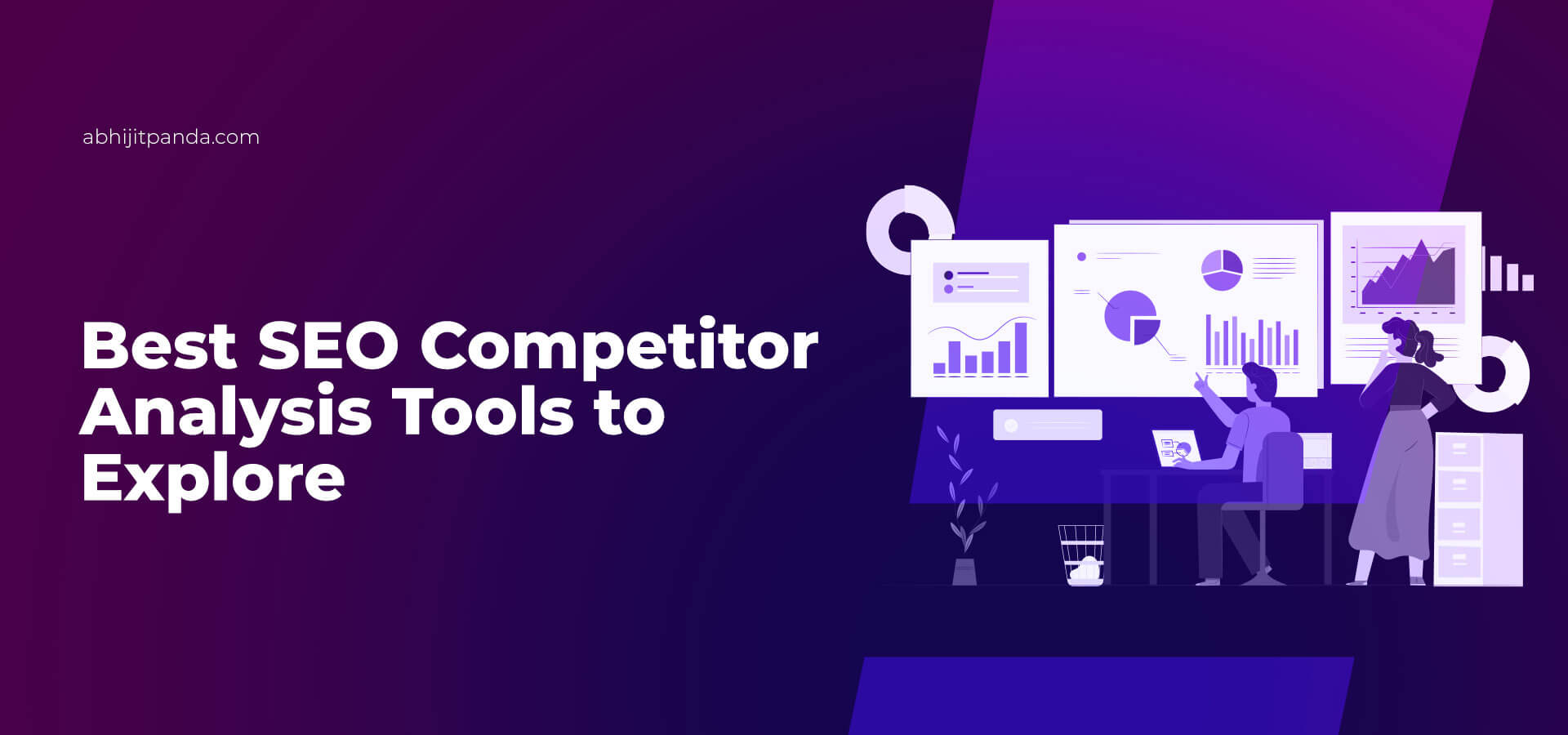
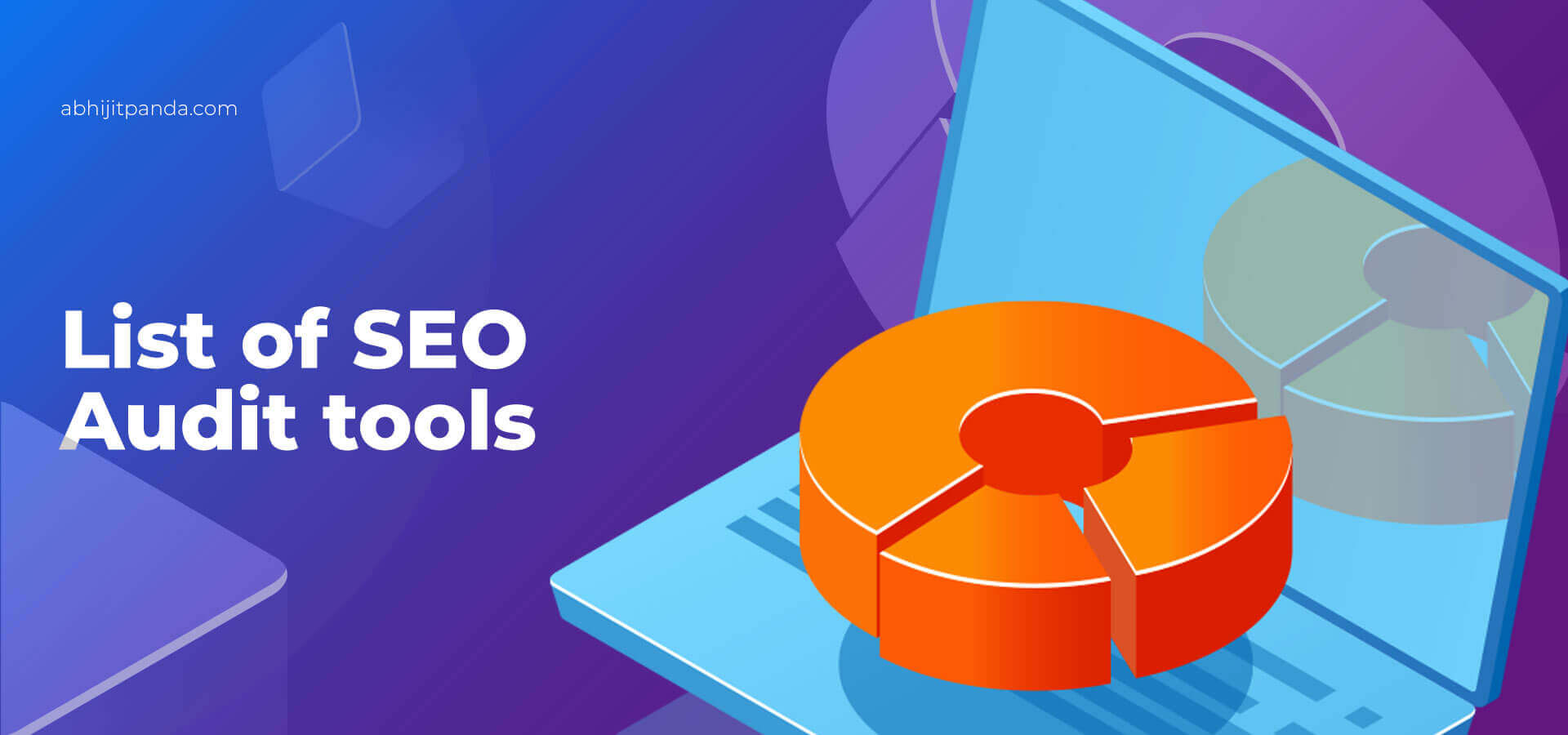
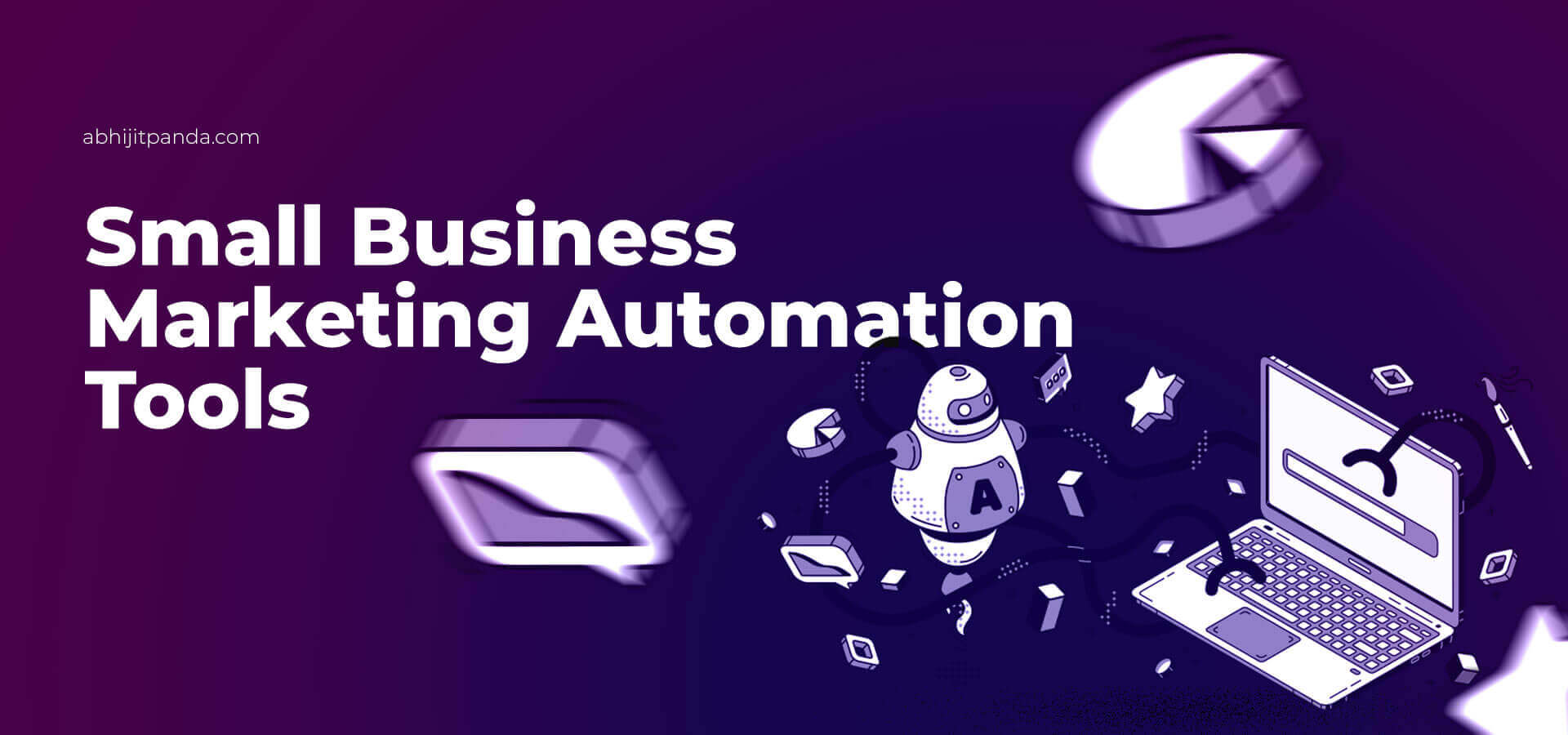
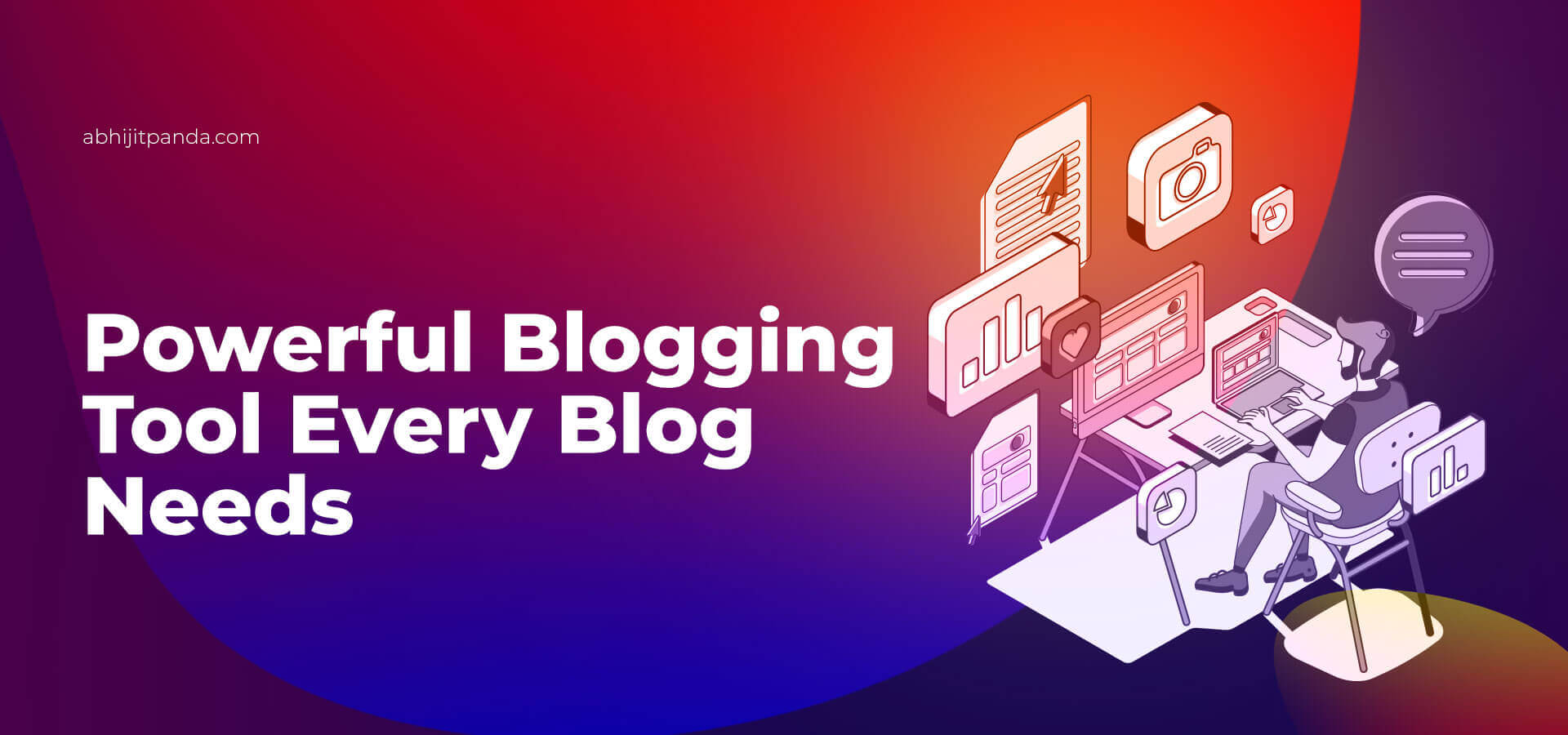


Leave a Reply